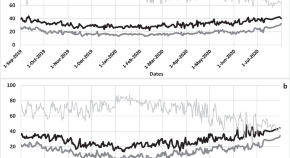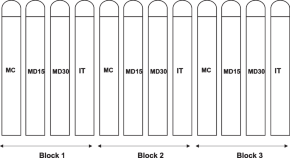Effectiveness of mating disruption applied alone or in combination with bioinsecticides against Tuta absoluta in heated greenhouse tomato crops of southern Tunisia
Authors (first, second and last of 5)

Collection
Dr. Stanley Freeman is a senior researcher of plant pathology at the ARO, Volcani Institute, Rishon LeZion, Israel, working primarily on fungal crop diseases since 1993. He obtained his Ph.D. in plant pathology from the Hebrew University of Jerusalem, Israel in 1991. His expertise covers molecular plant-pathogen interactions of Fusarium, Colletotrichum and other fungal species. He has published over 120 peer-reviewed articles, 30 articles in conference proceedings, 15 book chapters, and edited two books. He has supervised over 30 MSc., PhD. students, as well as Post-doctorate fellows.
José Carlos Franco is Associate Professor at ISA, University of Lisbon, and senior researcher at CEF (Forest Research Center), Lisbon, Portugal, working in applied entomology and pest management. His research interests include the ecological aspects of pheromone-mediated interactions of insect pests and their natural enemies, host-parasitoid relationships, and the use of semiochemicals and biological control in integrated pest management. He published over 150 articles, including peer-reviewed articles, articles in conference proceedings and encyclopedias, book chapters, books and edited books.

